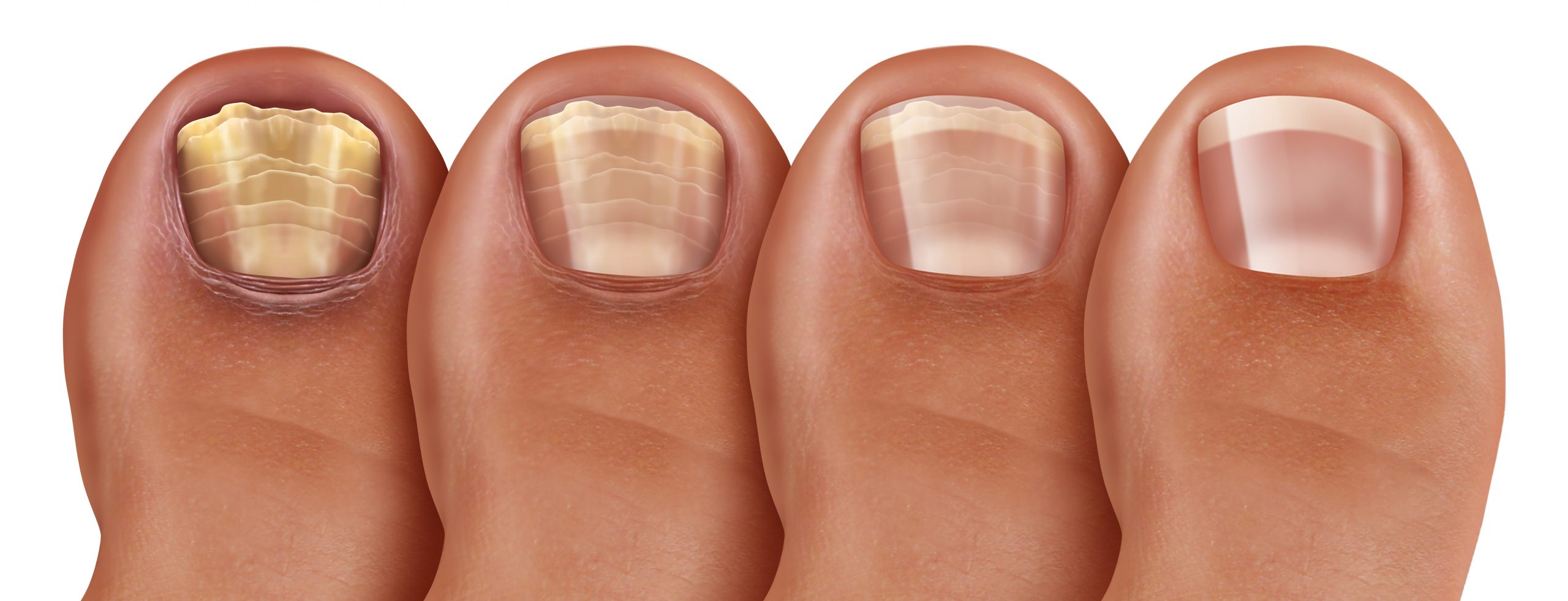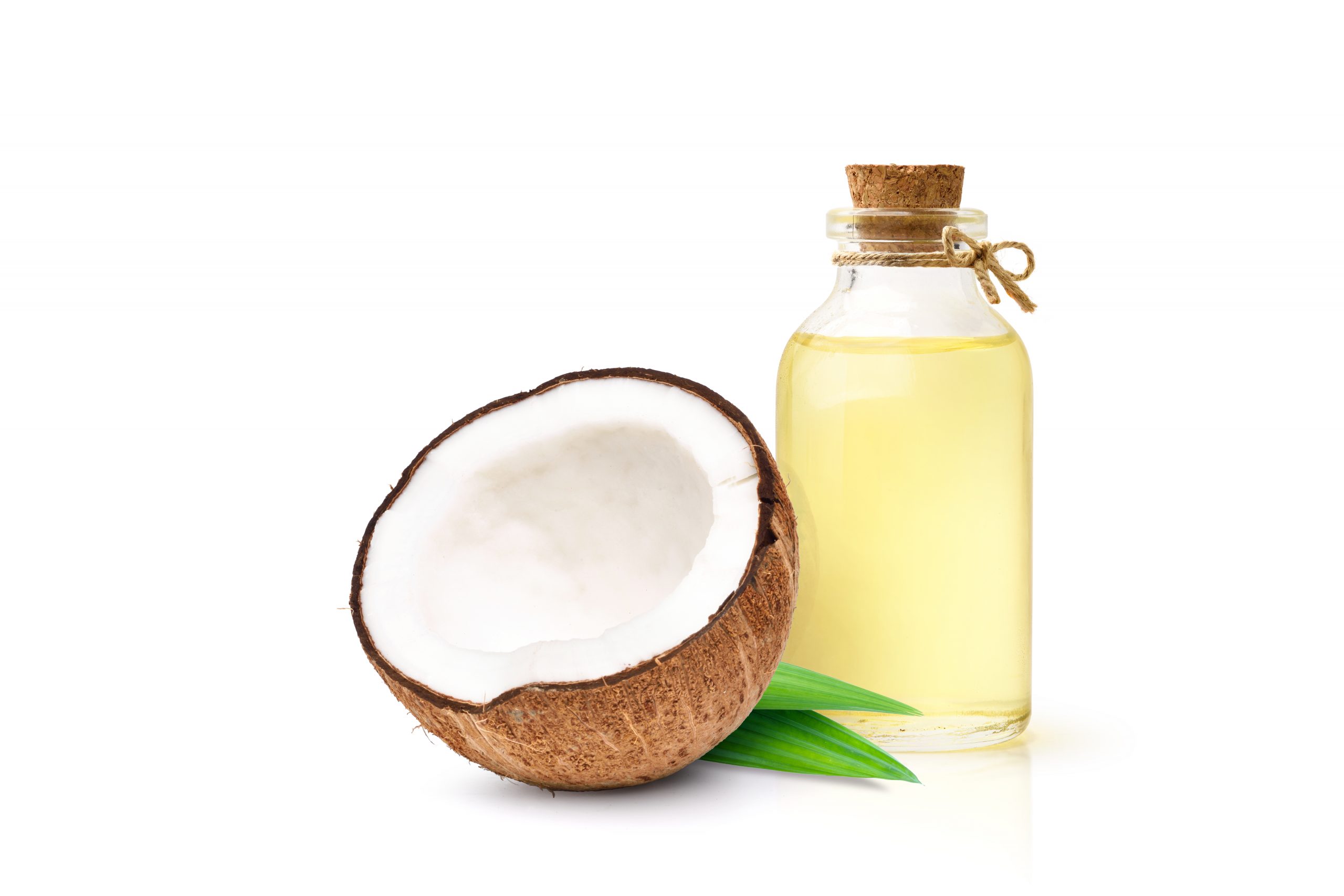Toenail fungus, also known as onychomycosis, is a common fungal infection that affects the nails, often causing discoloration, thickening, and brittleness. While proper foot hygiene and avoiding exposure to damp environments are important preventive measures, incorporating essential vitamins and minerals into your diet can also play a significant role in preventing toenail fungus. In this article, we will explore the role of vitamins and minerals in promoting healthy nails and preventing toenail fungus.
- Vitamin Biotin (Vitamin B7): Biotin is a water-soluble vitamin that plays a crucial role in maintaining healthy nails. It helps strengthen the nail structure and promotes healthy nail growth. Foods rich in biotin include eggs, nuts, seeds, and leafy green vegetables. By including biotin-rich foods in your diet, you can support the overall health and strength of your nails, making them more resistant to fungal infections.
- Vitamin E: Vitamin E is a powerful antioxidant that can help protect the nails from oxidative stress and damage caused by free radicals. It promotes healthy blood circulation, which is essential for delivering nutrients to the nails and supporting their overall health. Foods high in vitamin E include almonds, spinach, sunflower seeds, and avocados. Including these foods in your diet can provide the necessary vitamin E to nourish and protect your nails.
- Vitamin C: Vitamin C is known for its immune-boosting properties, but it also plays a role in maintaining healthy nails. It aids in collagen synthesis, which is essential for maintaining the strength and integrity of the nail structure. Foods rich in vitamin C include citrus fruits, strawberries, bell peppers, and kiwis. Consuming vitamin C-rich foods can help support the health and resilience of your nails.
- Zinc: Zinc is a mineral that is involved in various physiological processes, including nail health. It helps maintain the structure and strength of the nails and supports the immune system’s ability to fight off infections. Zinc-rich foods include oysters, red meat, poultry, legumes, and nuts. By ensuring an adequate intake of zinc, you can help prevent toenail fungus by supporting the overall health and strength of your nails.
- Selenium: Selenium is a trace mineral that possesses antifungal properties and can help protect against fungal infections, including toenail fungus. It also supports the immune system and aids in the repair of damaged tissues. Good dietary sources of selenium include Brazil nuts, seafood, whole grains, and mushrooms. Including selenium-rich foods in your diet can provide additional protection against toenail fungus.
- Iron: Iron is essential for healthy nail growth as it plays a role in the formation of keratin, the protein that makes up the nails. Iron deficiency can lead to brittle and weak nails, making them more susceptible to fungal infections. Good sources of iron include lean meats, spinach, legumes, and fortified cereals. Ensuring an adequate intake of iron can support the health and resilience of your nails, reducing the risk of toenail fungus.
- Omega-3 Fatty Acids: Omega-3 fatty acids are beneficial for overall health, including the health of your nails. They have anti-inflammatory properties and can help reduce inflammation and irritation that may make the nails more susceptible to fungal infections. Foods rich in omega-3 fatty acids include fatty fish (such as salmon and sardines), flaxseeds, chia seeds, and walnuts. By incorporating these foods into your diet, you can support nail health and decrease the risk of toenail fungus.
- Probiotics: Probiotics are beneficial bacteria that promote a healthy balance of microorganisms in the body.












